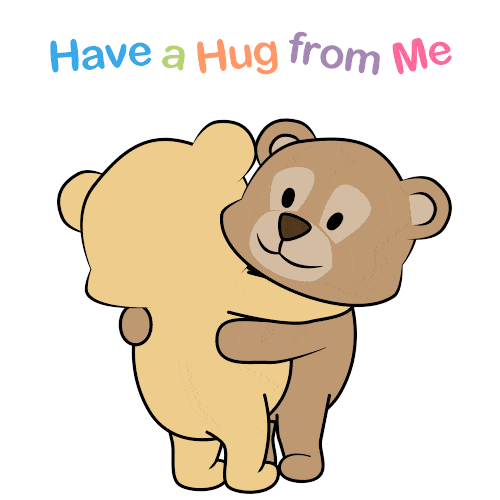Touch in Childhood
The Vital Role of Touch in Childhood
Touch is one of the most important senses we have. It is also the first sense to develop, already in the mother’s womb. From the moment a baby is born, touch plays a crucial role in the way the child grows, develops emotionally, and learns. For a baby, touch is much more than just touch; It’s an important way to connect with the world around them.
Physical development through touch
Touch in Childhood
From birth, skin-to-skin contact, also known as ‘kangaroo care’, is very important for a baby’s physical health. This means that the baby lies directly against the parent’s bare skin. This simple but powerful gesture can have many benefits for the child.
One of its main effects is that it helps to regulate the baby’s heart rate, breathing, and body temperature. Especially in premature babies, also known as premature babies, skin-to-skin contact can work wonders. Research shows that premature babies who have regular skin-to-skin contact breathe more steadily, gain weight faster and are often allowed to leave the hospital earlier.
Touch creates an emotional connection
Touch in Childhood
In addition to the physical benefits, touch also has a great effect on a baby’s emotional development. A gentle touch, a hug or holding the baby gives a feeling of safety and security. This is because the hormone oxytocin, also known as the ‘cuddle hormone’, is released during touch. This hormone helps strengthen the bond between parent and child.
When a baby is touched lovingly on a regular basis, it feels safer and more connected to its parents. This helps to build a strong emotional connection, which in turn reduces the child’s crying and anxiety. A baby who feels safe dares to explore the world around him better and grows up to be a confident child.
The effect of touch on the brain
Touch in Childhood
Touch is also very important for the development of a baby’s brain. When a baby is touched, it sends signals to the brain. These signals help make connections in the brain, which are necessary for learning and understanding the world.
In the first years of life, a child’s brain makes new connections at lightning speed. This is a crucial period in which touch plays an important role. Sensory experiences, such as touch, help shape the way the brain processes information. A child who experiences a lot of positive touch develops better cognitive skills as a result. This means that the child learns to think, understand, and solve problems better.
Touch & the development of social skills
Touch in Childhood
Touch is also important for a child’s social development. Through touch, children learn what love and care are. It helps children to understand what social contact is and how to build relationships with others. For example, babies who are touched a lot learn that they can rely on their parents and others around them. This trust forms the basis for how they interact with other people later on.
Children who experience a lot of positive touch are often more social and have more self-confidence. They know what it feels like to be loved and safe, and they take this with them into their dealings with others. Touch therefore not only ensures that children develop well physically, but also that they develop well socially.
How Parents Can Encourage Touch
Touch in Childhood
Parents play a big role in providing their child with the necessary touch. It’s not just about giving them hugs or holding your child, but also about small, everyday moments of physical contact. This can be done, for example, by gently rubbing your baby’s head, bathing the child or massaging your baby. All these moments of touch are important for your child’s development.
Another way parents can encourage touch is by carrying their baby in a sling or baby carrier. In this way, the baby stays close to the parent’s body, which provides a sense of safety and security.
Touch & play
Touch in Childhood
Play is another way in which touch can play a role in a child’s development. Babies and toddlers learn through play, and touch often involves this. Think of touching different materials such as soft cuddly toys, blocks or sand. This helps children to develop their senses and discover how things feel.
Touch can also play an important role when playing with parents or siblings. Frolicking together, throwing in the air or playing a game of tag provides a combination of touch and fun. This not only helps with the child’s physical development but also strengthens the emotional bond with the parent or caregiver.
The role of touch in childcare
Touch in Childhood
In childcare, employees can also play an important role in providing the necessary touch. When children go to daycare or daycare, it is important that they feel safe and secure. A friendly touch, such as a pat on the head or a hug when the child is sad, can do a lot to reinforce this sense of security.
Child care workers can also provide an environment for children to explore their sense of touch. This can be done by offering games or activities where children can feel and touch different materials. As a result, their senses are stimulated and they learn to understand the world around them in a playful way.
Conclusion
Touch in Childhood
Touch plays an indispensable role in a child’s development, from birth to well beyond. It helps with physical growth, building an emotional connection, developing the brain, and learning social skills. Without touch, children would not have the same chance to grow up healthy and happy.








